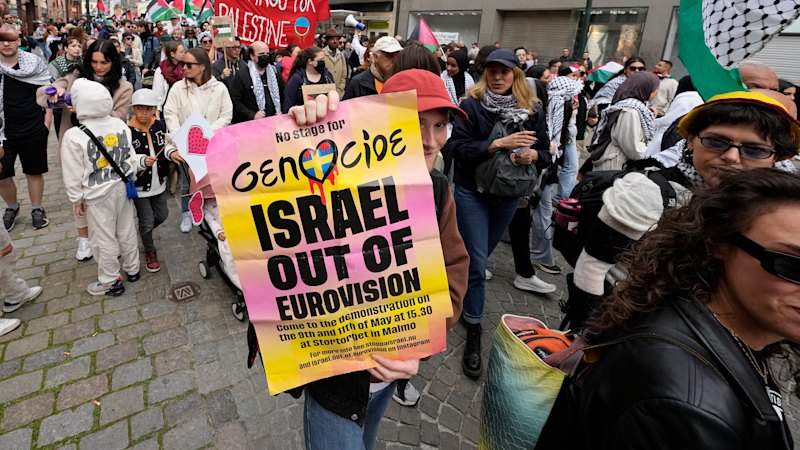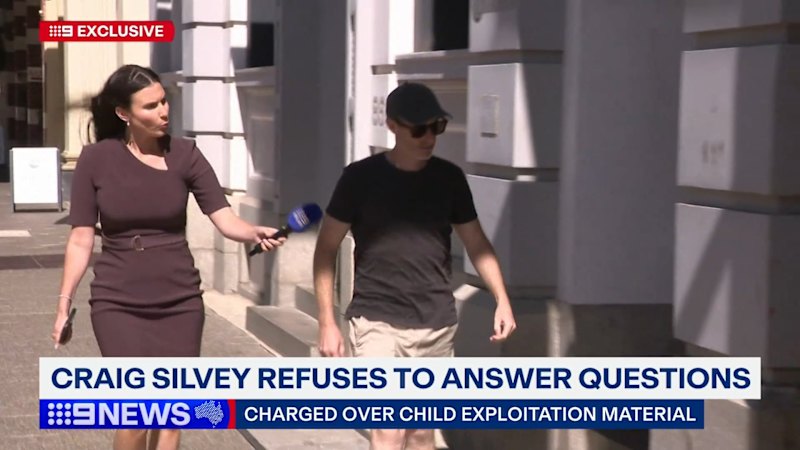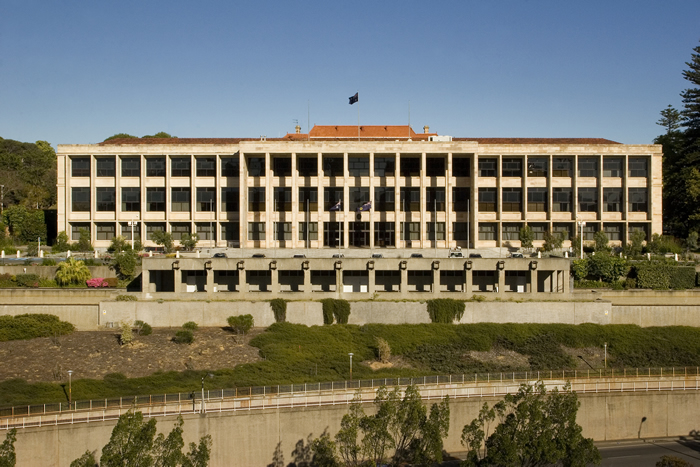
UPDATE: Austria is taking urgent action to save the upcoming 2024 Eurovision Song Contest from a growing boycott linked to the participation of singer Eden Golan from Israel, as political tensions escalate amid the ongoing conflict in Gaza. The contest, scheduled for May 2024 in Vienna, faces mounting pressure as several countries, including Spain, have publicly declared their intent to boycott if Israel participates.
In a bold move, Austrian Foreign Minister Beate Meinl-Reisinger has reached out to European ministers, urging them to keep politics out of the competition and maintain its status as a beacon of peace and unity. “The Eurovision Song Contest is a symbol of peace, unity, and cultural exchange – not an instrument for sanctions,” she stated on social media, emphasizing the need for solidarity in the arts.
The controversy intensified after Golan was forced to alter the lyrics of her song “Hurricane” due to references to the devastating October 2023 Hamas attack on Israel. This change highlights the intricate relationship between art and current geopolitical issues, raising concerns among fans and former contestants alike.
The 2023 Eurovision contest attracted a staggering 163 million viewers, boosting tourism and broadcasting revenues. However, the event’s potential to thrive in 2024 is now under threat. Austrian singer JJ, who won the contest this year, voiced his opinion in May that the show should proceed without Israel’s involvement due to the ongoing war.
Adding to the controversy, 70 former Eurovision contestants, including Australian singer Montaigne, have signed a letter urging member broadcasters to exclude Israel from next year’s event. This call for exclusion has resonated deeply within the Eurovision community, where the intersection of music and activism is not uncommon.
Spain’s state broadcaster is the latest to announce a boycott, joining the Netherlands, Slovenia, Iceland, and Ireland in their refusal to participate if Israel is part of the lineup. This escalating situation has created a significant ripple effect, prompting discussions on the role of political sentiments in international cultural events.
The Austrian government is now grappling with the implications of this growing dissent. If the boycott gains traction, it could undermine the very essence of Eurovision as a platform for cultural exchange. As the event approaches, all eyes will be on Vienna to see how officials respond to these challenges and whether they can maintain the integrity and spirit of the competition.
What happens next is crucial. As Austria pushes for a resolution, the potential for a rift in the Eurovision community looms large. Fans, contestants, and nations will be watching closely, and the outcome could redefine the future of this beloved international event.
The situation remains developing, and updates are expected as Austria and Eurovision officials engage with European partners. Stay tuned for the latest news on this urgent matter.







